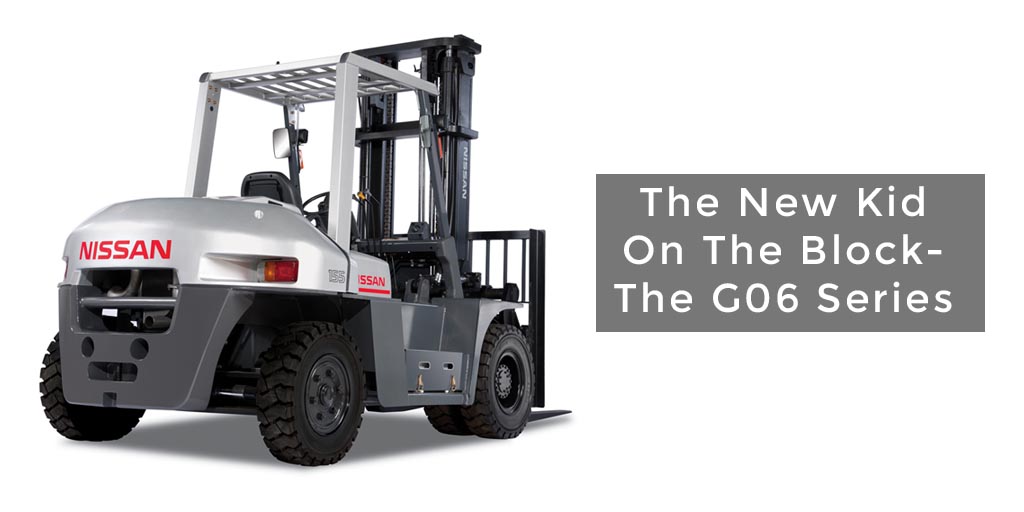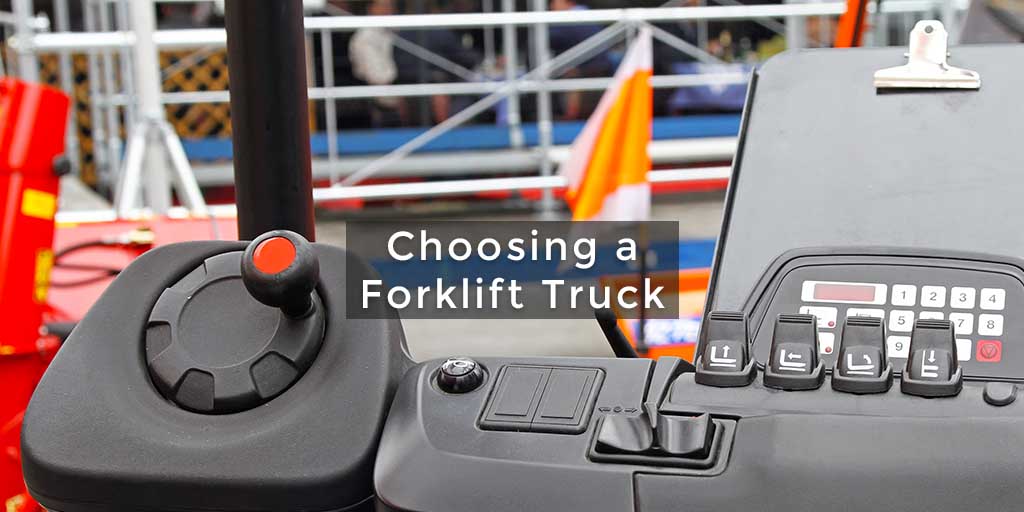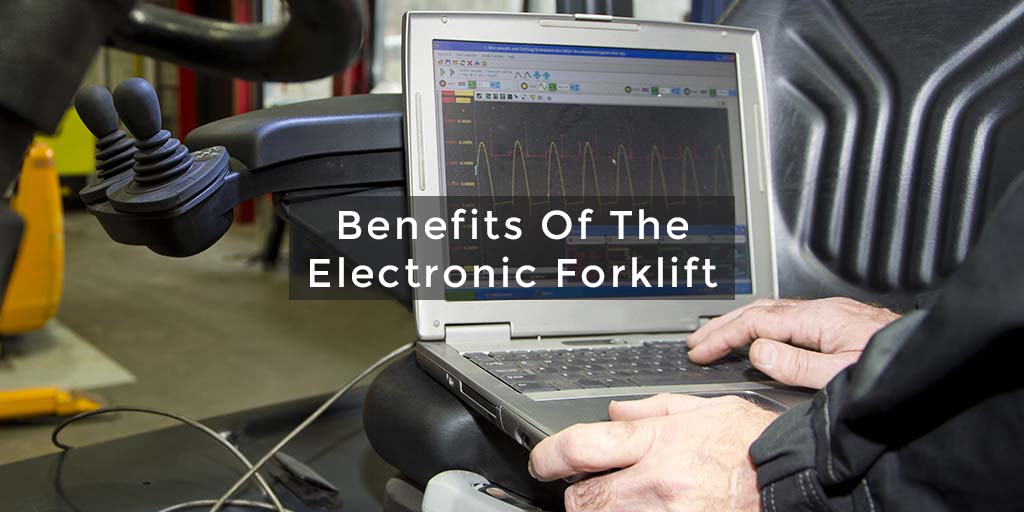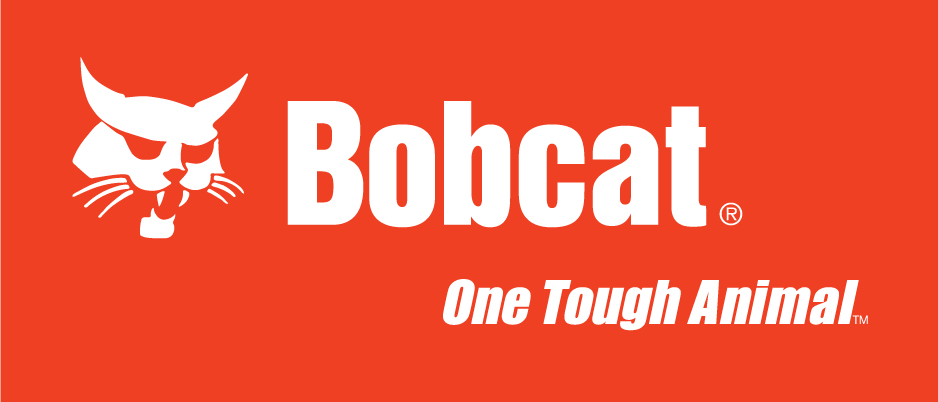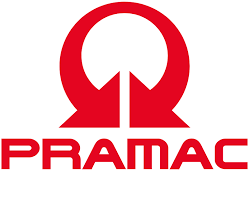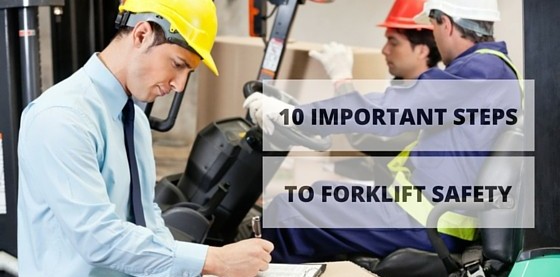
According to research the number of fatal forklift truck accidents is decreasing year on year, but that doesn’t mean that there isn’t more we can do. The recent fine handed down to a Wrexham firm over the 2012 death of one of their forklift operators shows that accidents do still happen. Responsibility for forklift truck safety falls on the shoulders of everyone, from the drivers and supervisors all the way to the top of the management chain. So with that in mind, here is our top ten list of safety tips you should follow to maintain a safe and efficient forklift truck fleet.
1. Qualified Operators Only
If someone is not in possession of a full forklift truck licence then they shouldn’t operate one, it is that simple. Even if that person has used a forklift before, you are opening your business up to serious criminal proceedings should something go wrong.
2. Safety Wear Must Be Worn
All forklift operators should wear clothing appropriate to your work environment. This usually means a hard hat, solid safety shoes, and high-visibility jackets. Clothing should also be well-fitted, as loose garments can become a constant distraction and safety hazard.
3. Maintain Daily Inspections
Your trucks should be inspected before every shift in which they will be used, with any problems reported immediately to the supervisor. A thorough inspection should include brakes, controls, steering, tyres, warning devices and the mast. Not only does this help avoid accidents from failed machinery, it also prevents minor problems becoming more elaborate expensive ones. Have a look at how to perform a daily forklift truck checklist.
4. Prepare Your Route
It’s no good jumping in your forklift and just charging on in there. You must observe your environment and plan a safe route accordingly. Remove any debris or loose materials from your path, measure any potentially tight overhead clearances, check the safe bearing weight of ramps or bridge plates, and always try to plan the safest route rather than the shortest.
5. Respect Your Load Capacity
A sure-fire route to an unsafe warehouse is to allow forklift operators to regularly flout their vehicle’s loading capacities. The maximum load for both the truck and any attachments must be observed at all times. Also the forks of your truck should never be used to push or lever loads, as this can weaken them significantly over time and reduce their load-bearing capacity.
6. Ensure Even Load Distribution
The load capacity of a forklift is only applicable when the goods are evenly distributed over both forks. If only one fork is making contact with the load you are placing severe stress on one whilst ignoring the other. You should also make sure all pallets and skids are structurally sound and will stay intact during operation.
7. Maintain Visibility
If you cannot see either your load, your route ahead, or your unloading destination then stop operation of the forklift immediately. Guesswork is what leads to injuries and breakages. Operating in reverse is safe practice only when necessary to improve this visibility, and must never be done on a ramp. If you still cannot safely see your route, loads, and unloading destination, use a lookout.
8. Open and Honest Accident Reporting
Obviously everyone should be following company and legal safety requirements to the letter to ensure that accidents do not happen, but when they do you must ensure an open and honest system of accident reporting. Your employees must be made to feel that errors can be reported without judgement, and conversely the cover-up of an accident should be grounds for instant dismissal.
9. Refuel Safely
Your forklifts should have a designated area for refuelling, and no refuelling should take place outside of this area. Not only does this keep things moving efficiently in your warehouse, it also ensures that fuel spillages only take place in one area. When refuelling the engine should be fully off, and the designated area should be well-ventilated and far away from open flames.
10. End The Shift Properly
Finally, leaving keys in a forklift overnight is an easy way to tempt idiots into having a go on one for fun. Make sure all keys are locked or taken home by employees, and have all forklifts parked in a designated area. When parking a forklift the forks should be fully lowered and the park brake applied. Never leave a forklift running unattended in any circumstances.
So now you’re all clued up on forklift truck safety – Just how safe is your warehouse stacking? Find out now.


